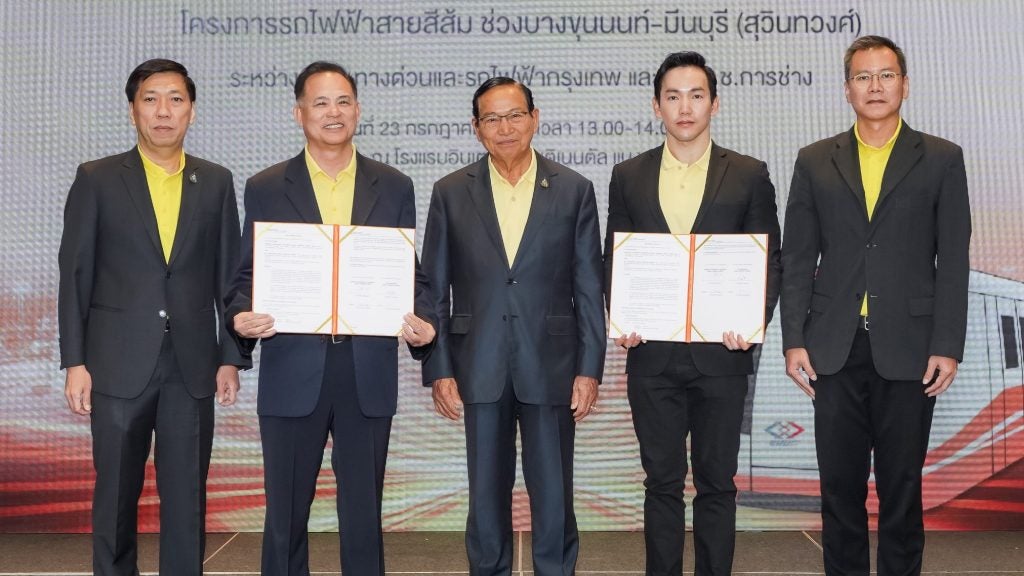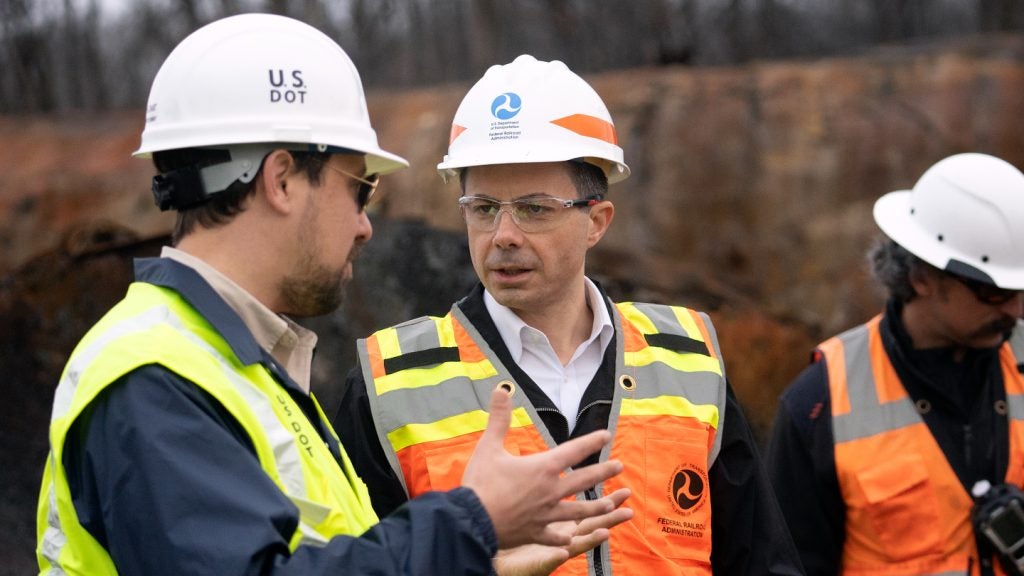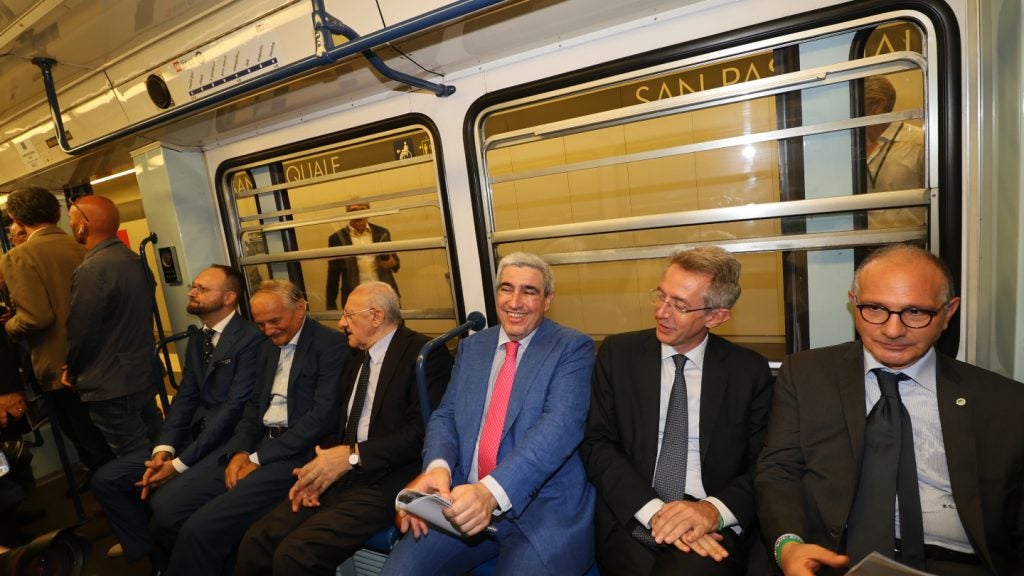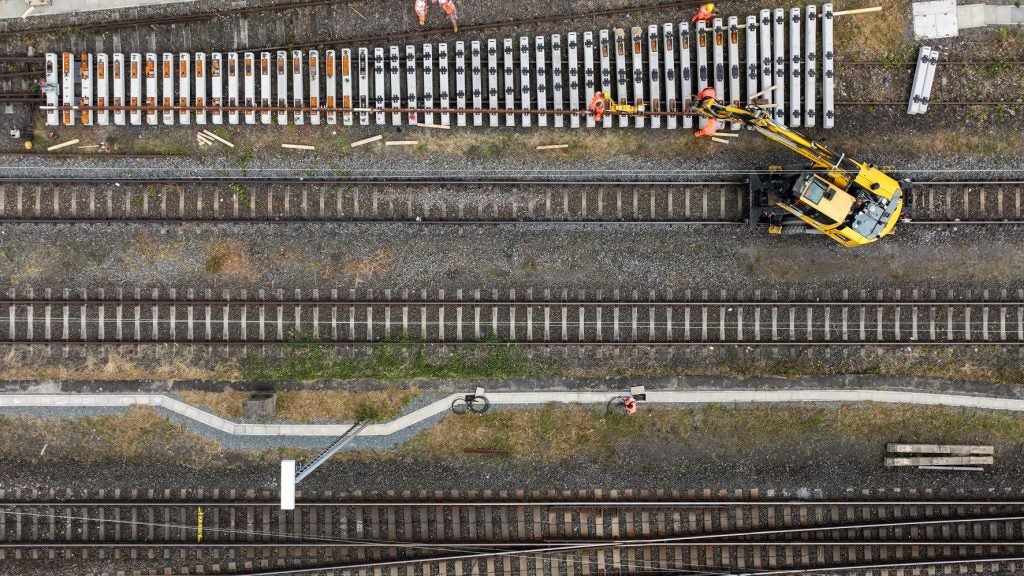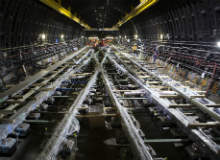
As a mechanical engineer within the Capacity Optimisation Portfolio of London Underground team, Parandeh delivers the projects that have a direct impact on commuters’ experience on the LU.
From the initial design, pre-production and testing phases to implementation stage, she manages most aspects of the network’s pioneering projects, which will ultimately ensure a more reliable and safe system for all passengers.
Now, Parandeh is leading the work on Intelligent Sensitive Edge – an original safety-critical design which may set the new standard for the automatic trains of the future.
Eva Grey: What are some of the LU rolling stock maintenance projects you have worked on so far?
Tara Parandeh: I have been delivering projects and modifications to train systems in order to increase the service reliability and capacity, as well as solving technical issues and problems through testing, investigation or design and development, whilst maintaining the high level of safety.
Some of my past work included the design and implementation of Limited Pushback System on Victoria Line trains to mitigate system reliability issues prior to the Olympics, which was delivered in time and reduced the delay times significantly.
I also undertook the technical review and approval of Trains Vehicle Maintenance Instructions; I resolved several technical issues through investigations and on-site testing and carried out approvals for level 2 exams maintenance extension to reduce the overall cost.
How well do you really know your competitors?
Access the most comprehensive Company Profiles on the market, powered by GlobalData. Save hours of research. Gain competitive edge.

Thank you!
Your download email will arrive shortly
Not ready to buy yet? Download a free sample
We are confident about the unique quality of our Company Profiles. However, we want you to make the most beneficial decision for your business, so we offer a free sample that you can download by submitting the below form
By GlobalDataEG: What did it mean to be a finalist in the Innovation & Sustainability category at the 2015 FTA everywoman in Transport & Logistics Awards?
TP: It has been a great honour to be nominated and become a finalist. It was my pleasure to meet so many highly successful women who are making a difference in this industry.
EG: What is your role in developing the new door sensing system and what is the technology behind it?
TP: Intelligent Sensitive Edge is an edge on the train doors that is sensitive to dragging incidents on the platform, preventing potential injuries and fatalities.
My work will also provide significant improvement in service reliability, as the system can intelligently distinguish and ignores false activations.
Directing public subsidies to infrastructure managers correlates with better performance.
Intelligent Sensitive Edge is an electro-mechanical system that is comprised of asymmetrical rubber seal profiles and a sensor mounted on the train doors leading edges. The design of the profiles allow for the sensor resistance to drop and activate the edge only when someone has trapped belongings from the platform side. Once the edge is activated, it applies an emergency brake to prevent a dragging incident. The system can detect items as thin as 0.7mm being pulled from the platform in a dragging incident, and yet ignores the majority of trapped items from inside the train, allowing an efficient service.
Once all type testing are successfully carried out, a train fitted with intelligent sensitive edge will be sent into passenger service trial to validate the expected reliability benefits, prior to modifying the Victoria Line fleet.
Many people within the company believe that this system is a key development for providing safe and reliable automatic trains in the future.
EG: When did you start working on Intelligent Sensitive Edge?
TP: The design and development started in mid-2011 and was stalled for about two years to deliver the service requirements during and after the Olympics. The completion of the Victoria Line fleet fit is expected to be in 2017.
EG: Is this new system a major update compared to the current operating model on London Underground?
TP: Yes. The current sensitive edge system on Victoria Line is not intelligent and applies the emergency brake on all 1200 spurious activations per week. This has resulted in an unnecessary and unacceptable level of delays that needed to be resolved for a fast and reliable service.
The innovative intelligent sensitive edge can differentiate between a genuine safety risk and a spurious activation. It prevents potential accidents, where some can be fatal, whilst significantly improving service reliability. There are currently no other systems like it in the market.
EG: Do you have any expectations of how TfL will be able to quantify a reduction in delays, following the system’s implementation?
TP: We are aiming to get about 80% reduction in delays. This will be quantified during the one train passenger service trial.
EG: What are some of the challenges of your current role?
TP: There are a number of technical and non-technical challenges within my current role, such as the technical complexity of design and development, applying engineering solutions to problems and working under pressure within the required budget and time.
Another includes managing and auditing the suppliers to ensure that we receive quality products and services. In order to effectively carry out the project, I manage and liaise with separate stakeholders within the company, such as the operations team, maintenance team and assurance team.
EG: What are the most enjoyable aspects of your work within Intelligent Sensitive Edge?
TP: This is an unusually challenging project, from trying to solve complex technical problems to dealing with difficult situations and scenarios. I have gained invaluable technical and interpersonal skills working on this project.
In addition to this, since I was seven years old I wanted to become an inventor. This project gave me the opportunity to start fulfilling that dream.
EG: What are your plans in the near future, after the project is delivered?
TP: In the near future I will start working on another project, delivering a solution to provide more trains on central line, in order to carry out necessary improvement works without affecting the service.



